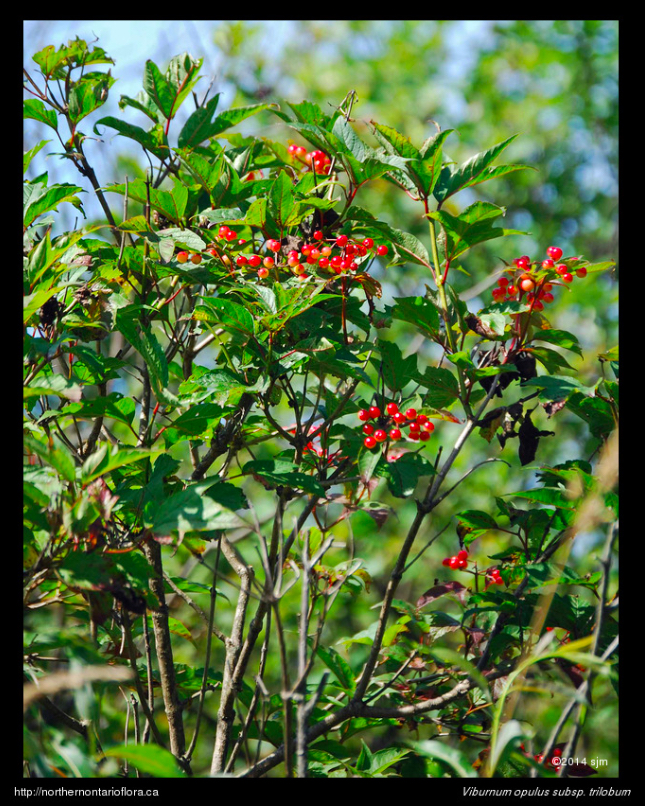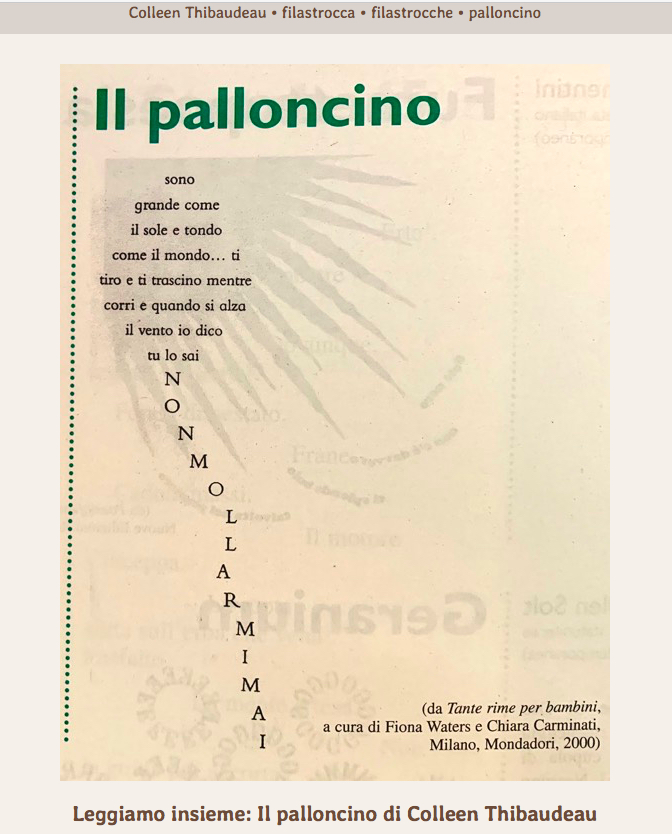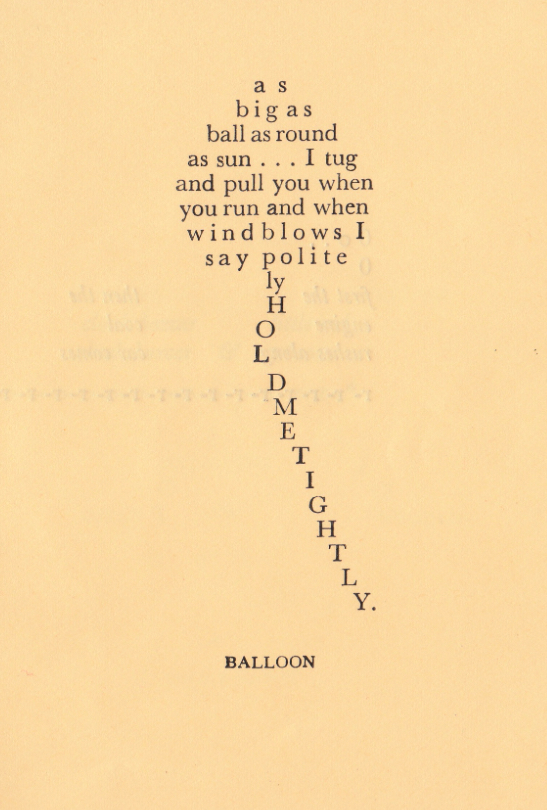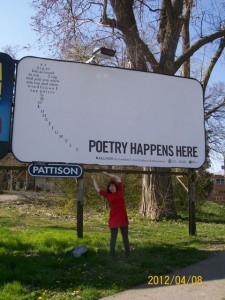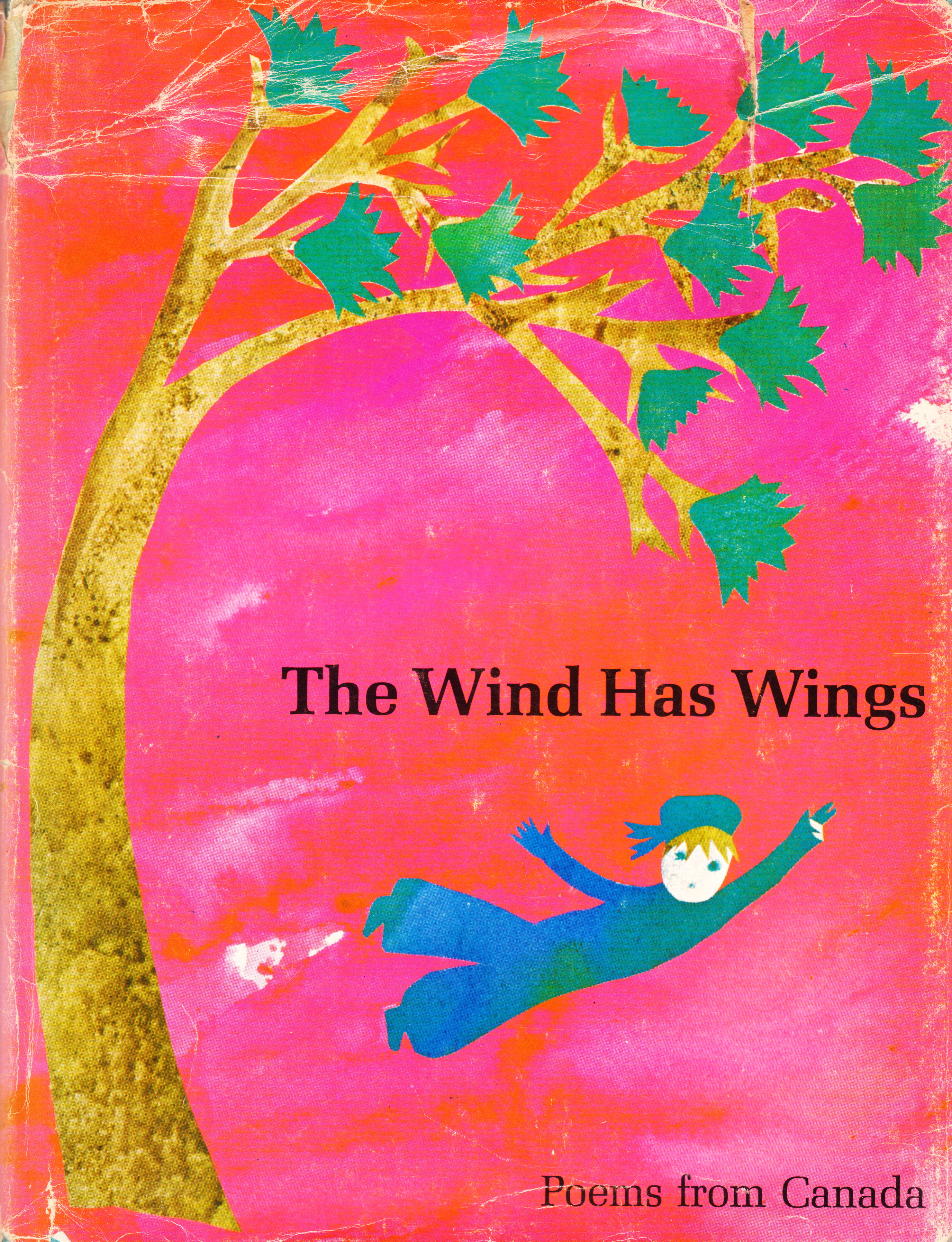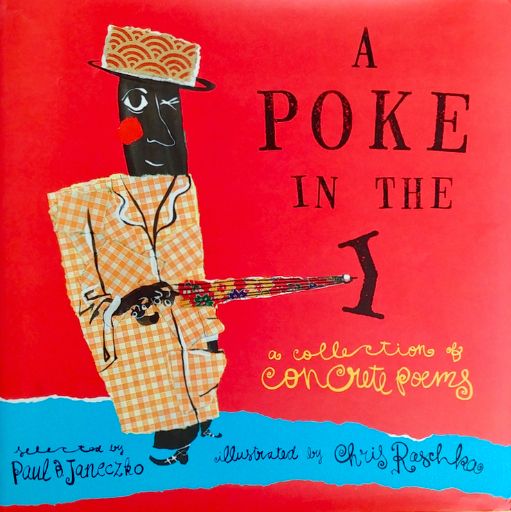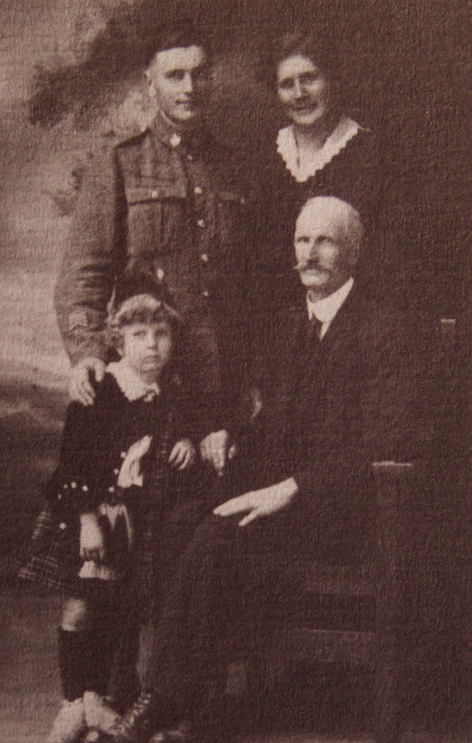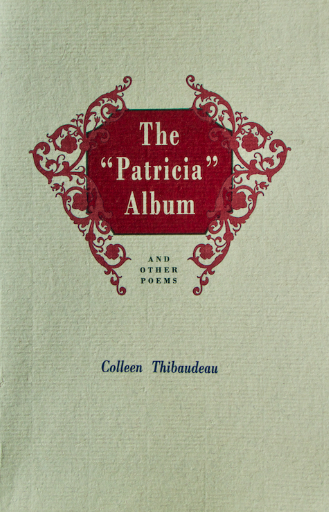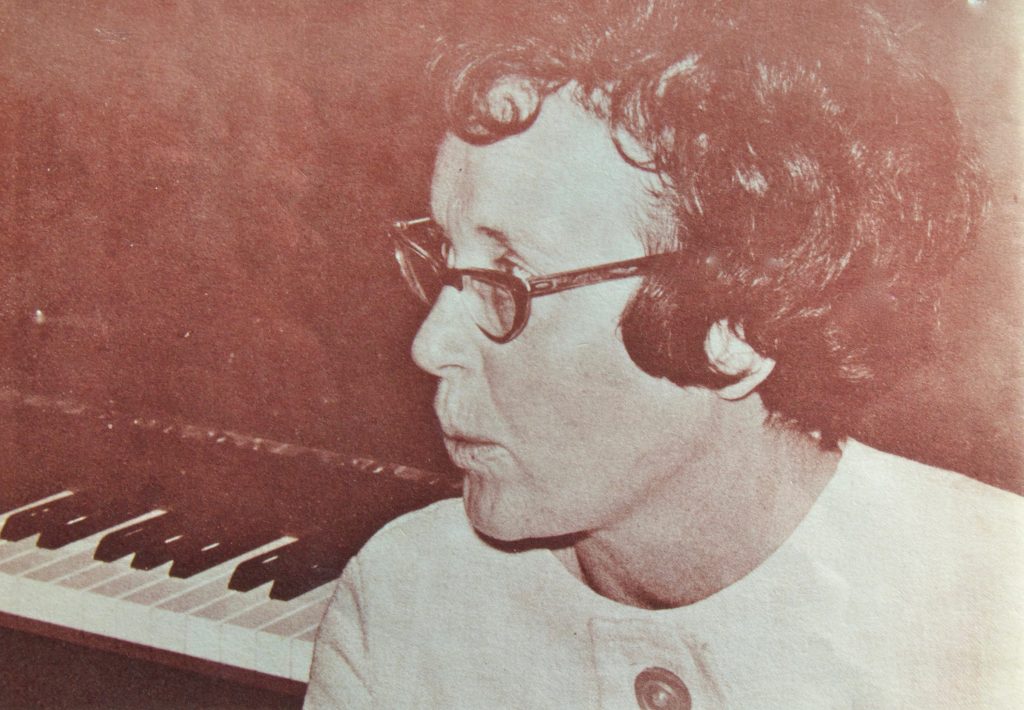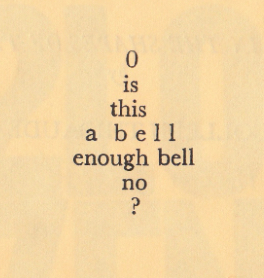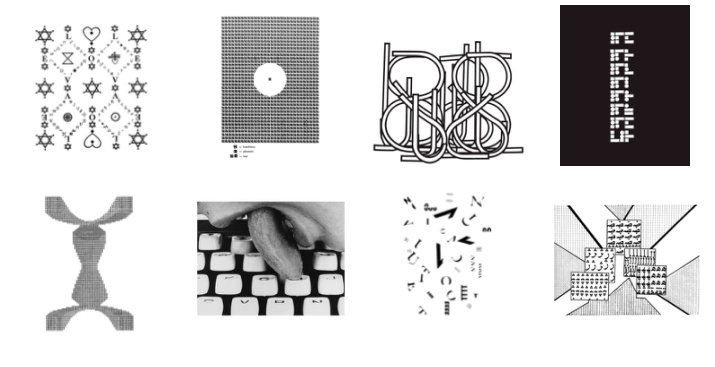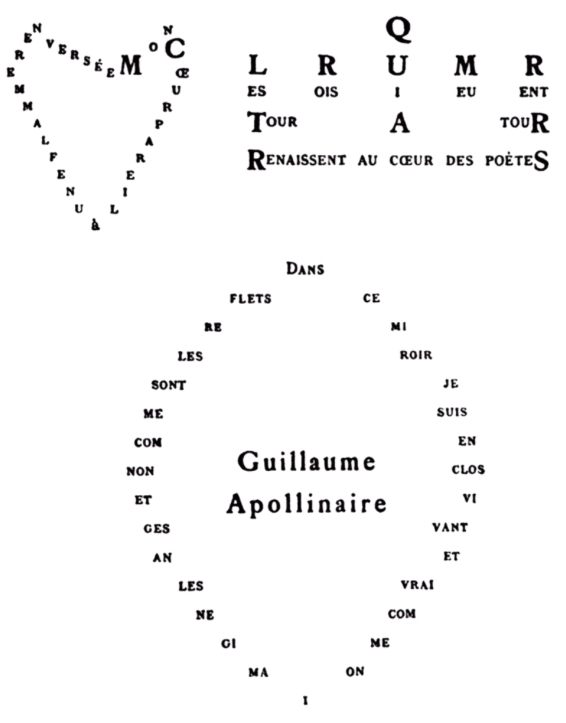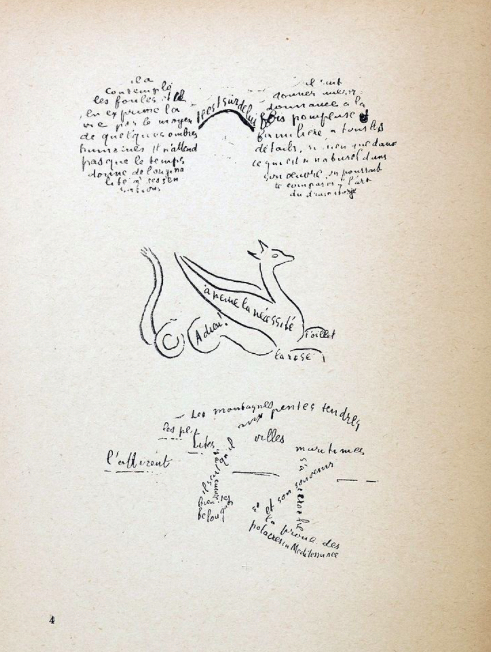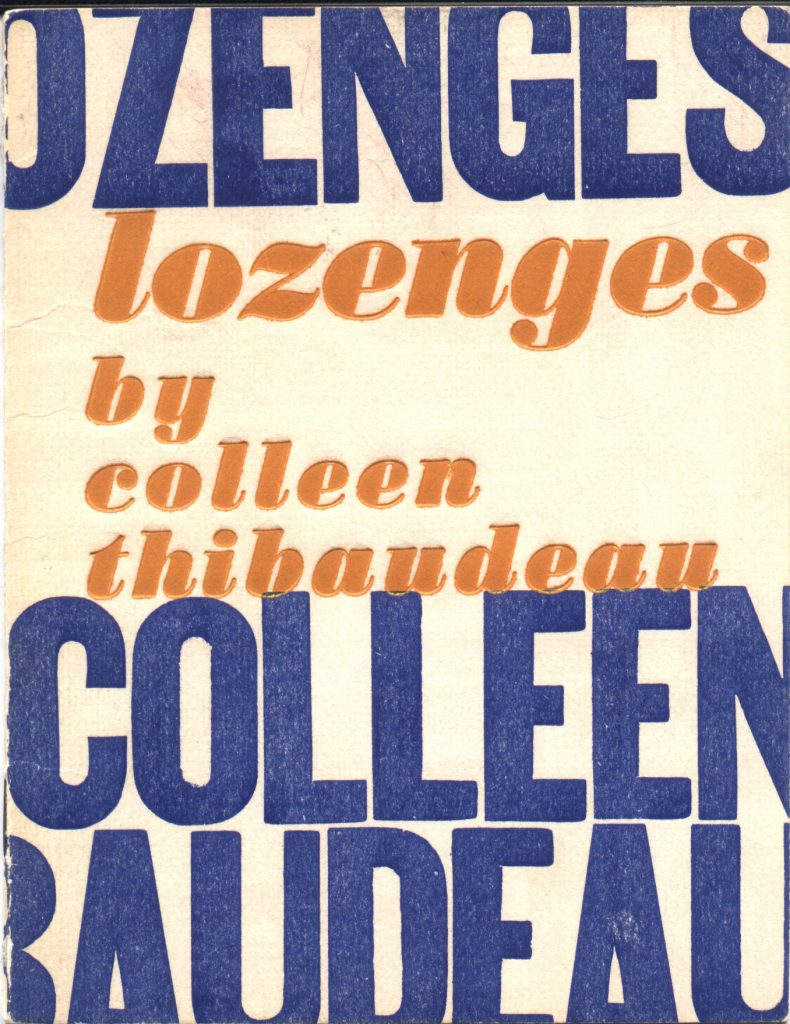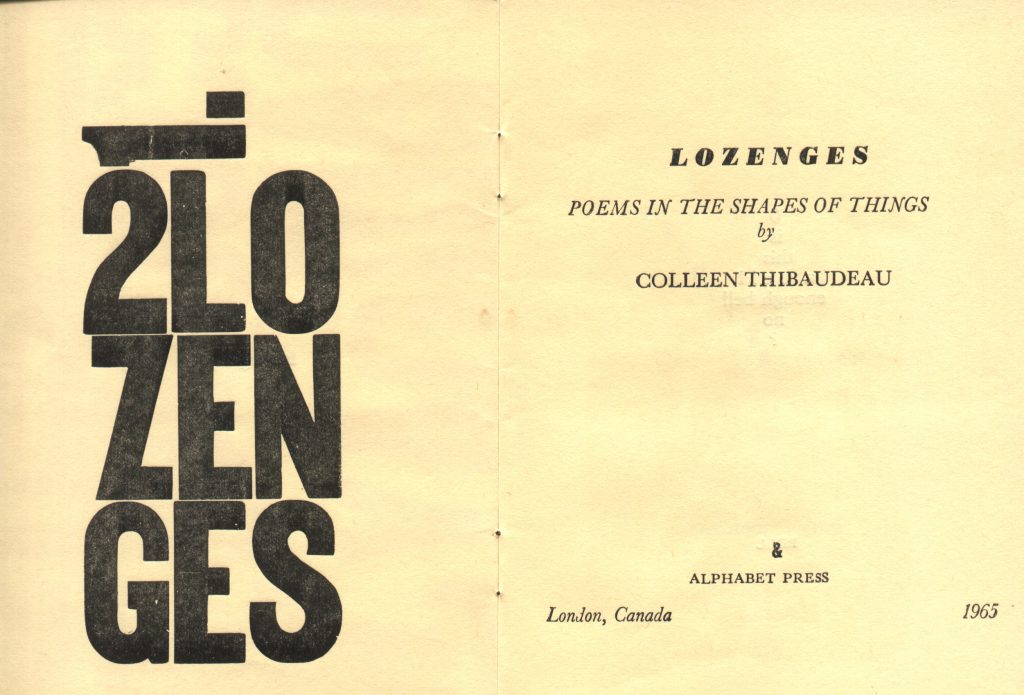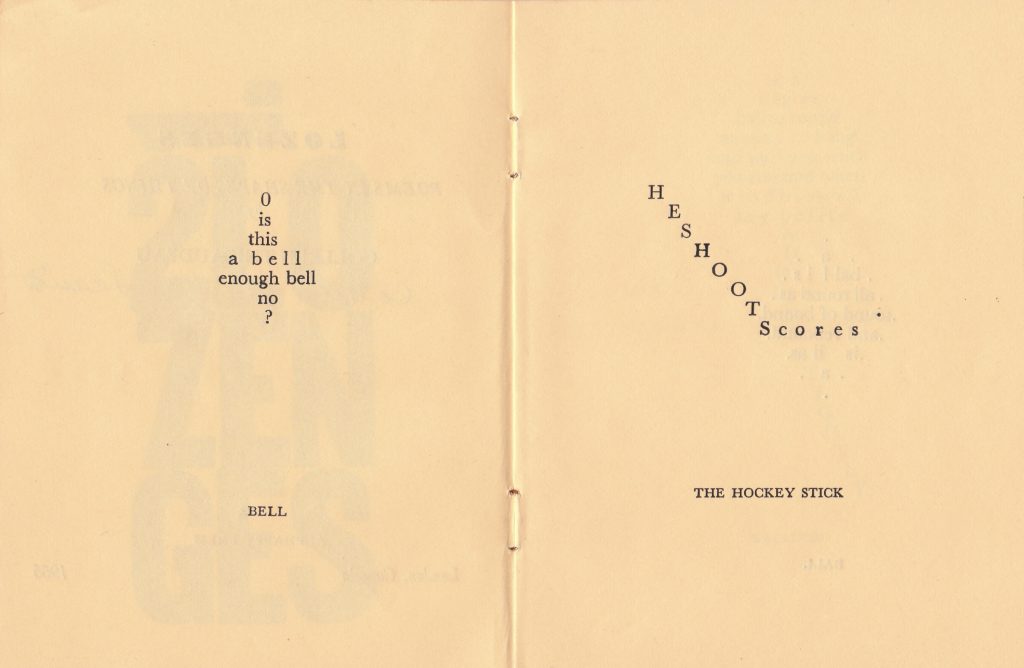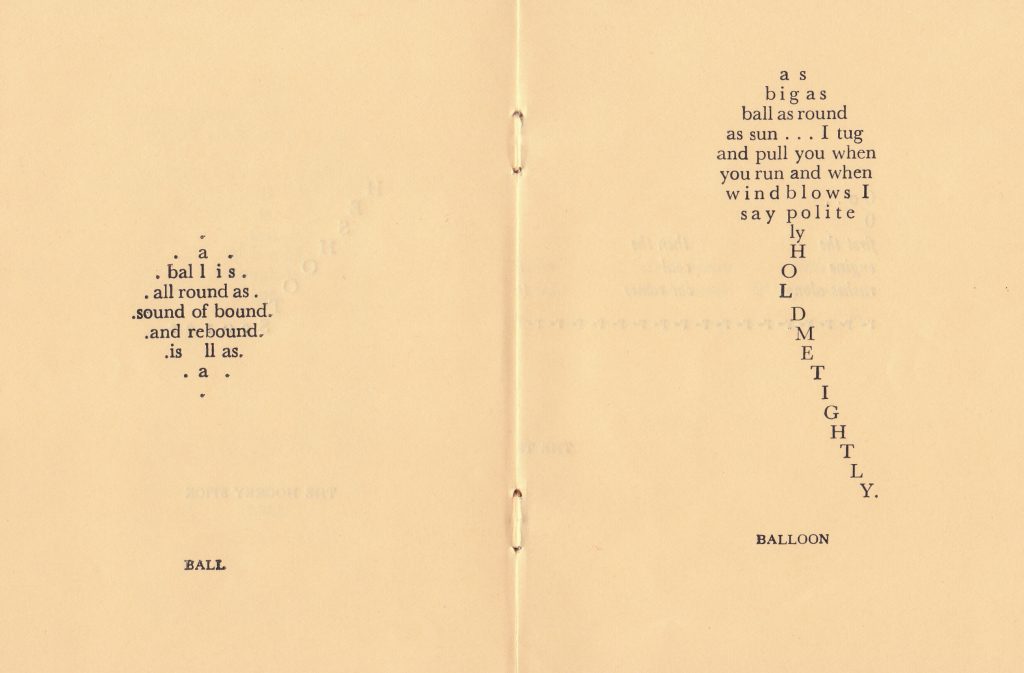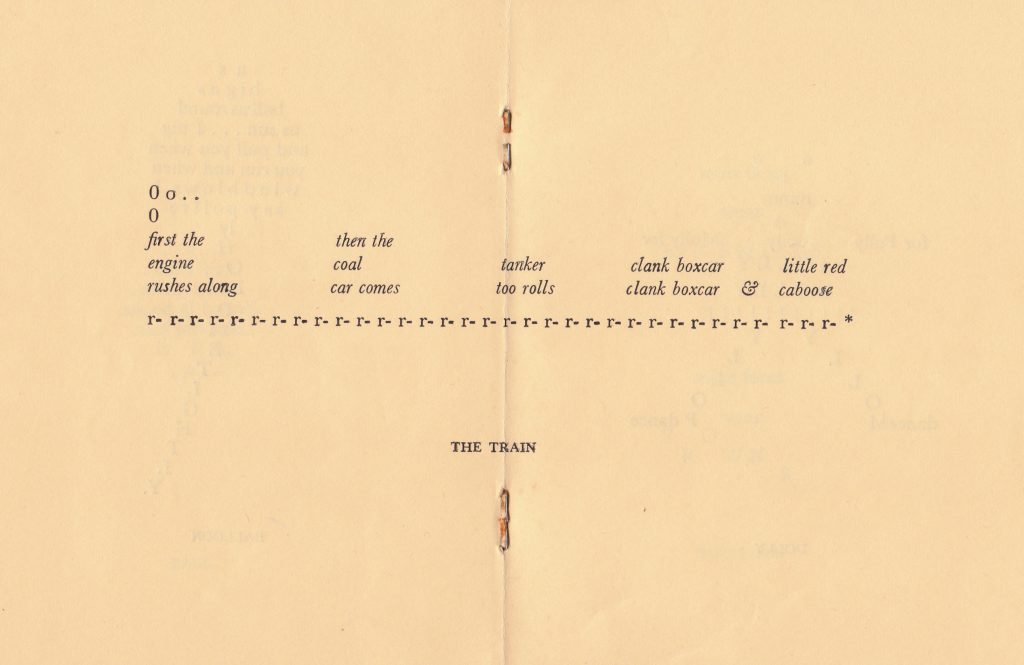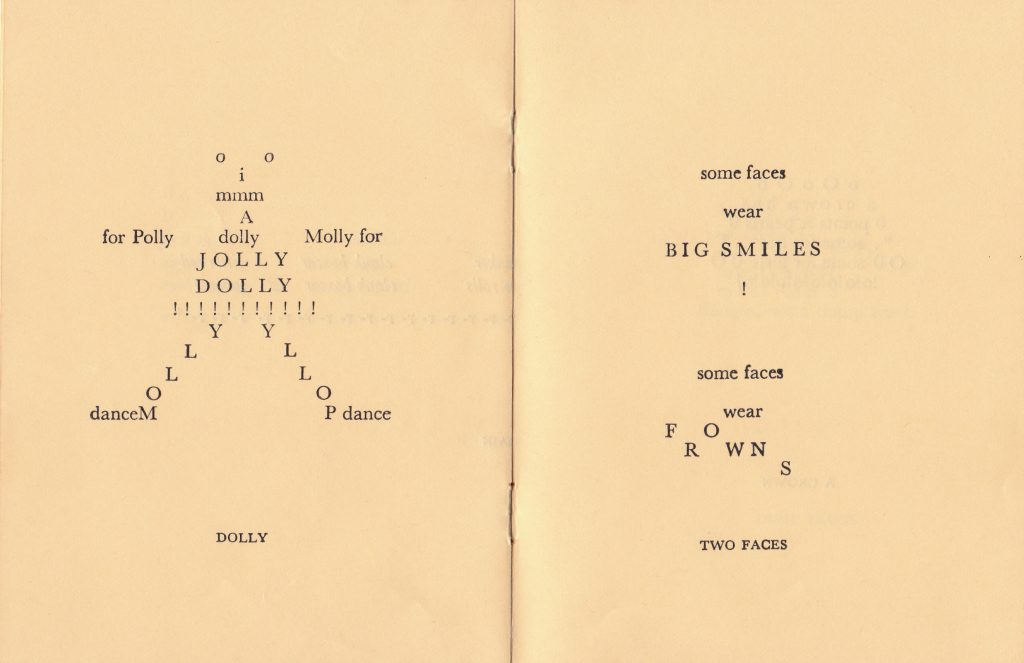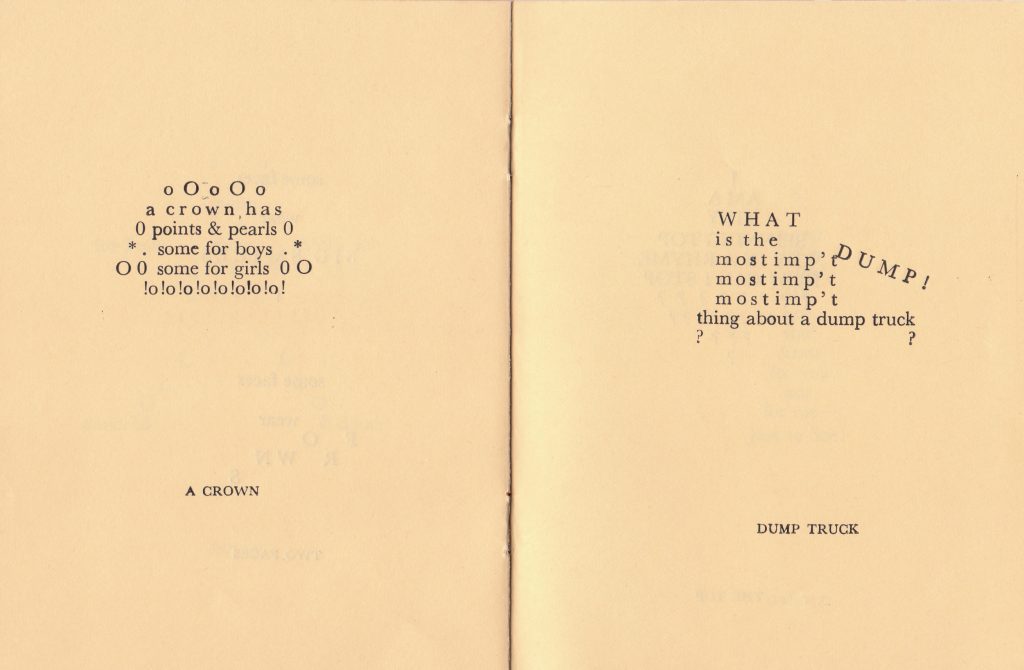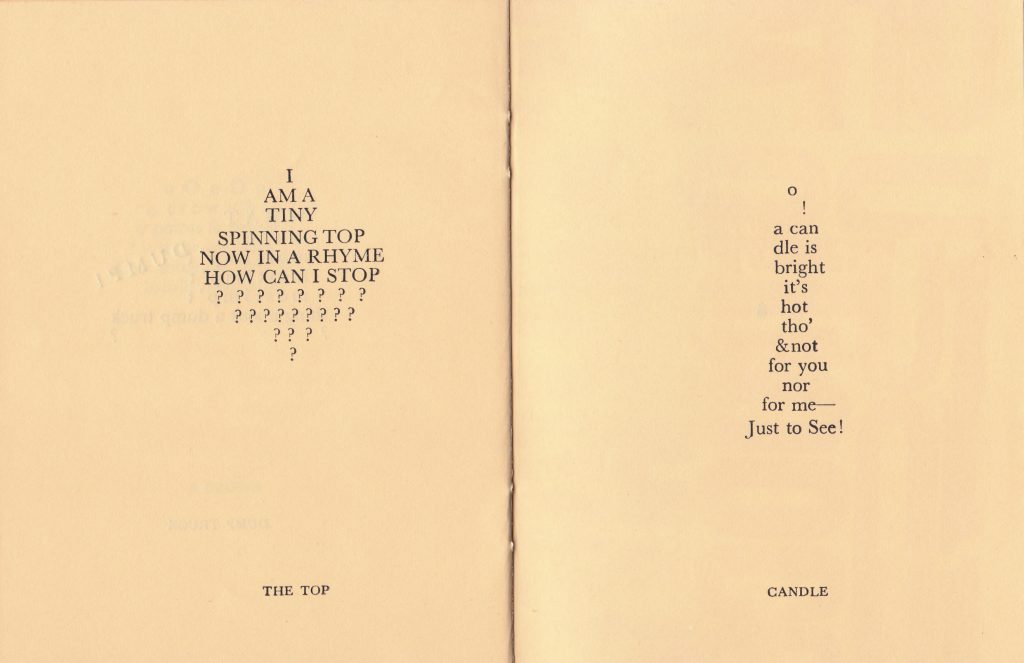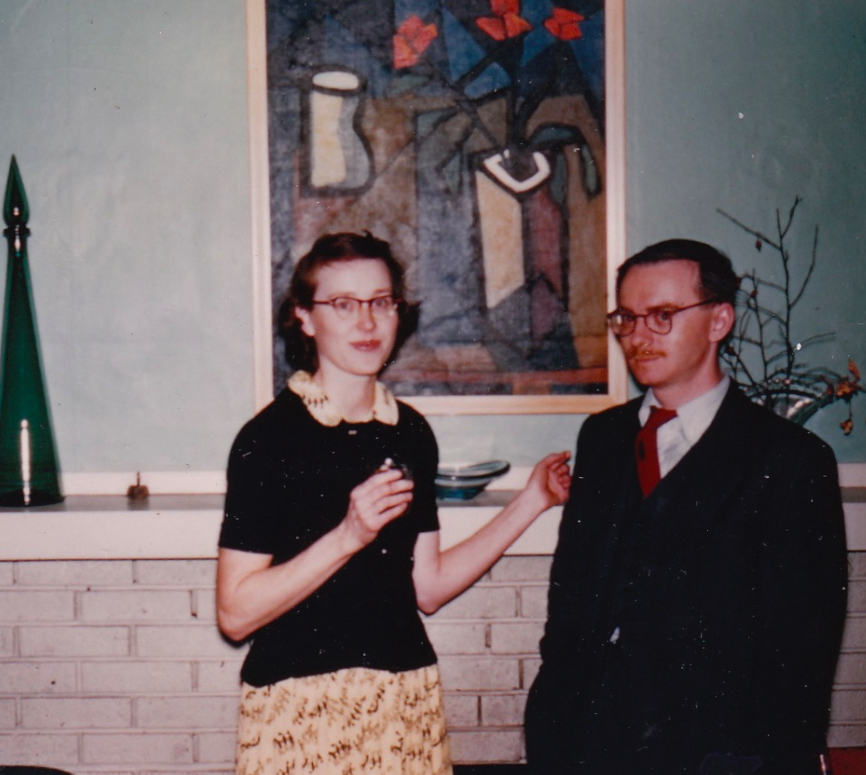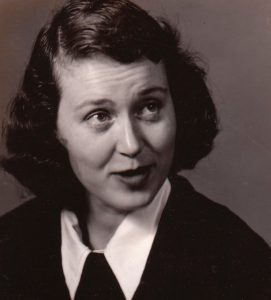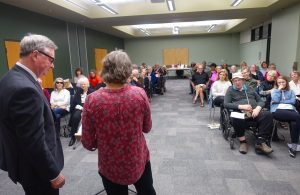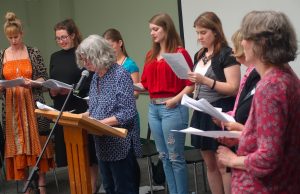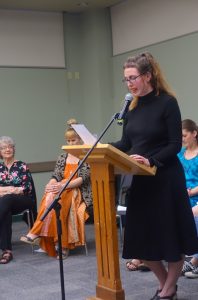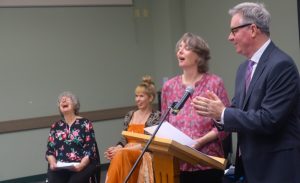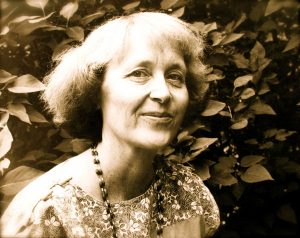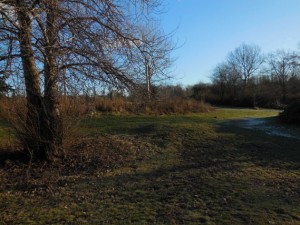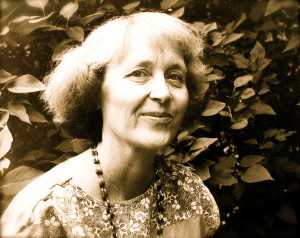Getting the High Bush Cranberries
I looked up suddenly and the sky
was full of them, sky
was on fire with them.
Following her directions I find
the purple maple
walk the mosslog
deeper into the bush
veer at the rushes
test for sinkholes
crawl the rabbitdropping undergrowth
straighten up
and the sky is full of them, sky
is on fire with them.
(got the fence up here
a long story
so it’s beginning
to look like Story Book Farm
after all
after a lot of work
also we’ve been laying in
crab-apple jelly
wild-grape jam
wild-cranberry & the like
and Arthur was into the chokecherries
for the wine also
I brandied some wild-plums
which I will never do again
as you have to pierce each
dratted little plum
with a needle
it’s so nice to be settled in
Do come & see us)
The Lake is directly in front of me but
High Bush Cranberries swaying muddle up
locations: dis
mayme: dis
turbme: dis
locate
years of the instinctive glance
for bears over the shoulder
I begin picking, shouting
out to Burning Lake:
This is only Watergate Year
It’s not Year Whole World on Fire
Not that Year yet.
Colleen Thibaudeau, 1974
“Getting the High Bush Cranberries” is from The Artemesia Book (1991), available from Brick Books.
